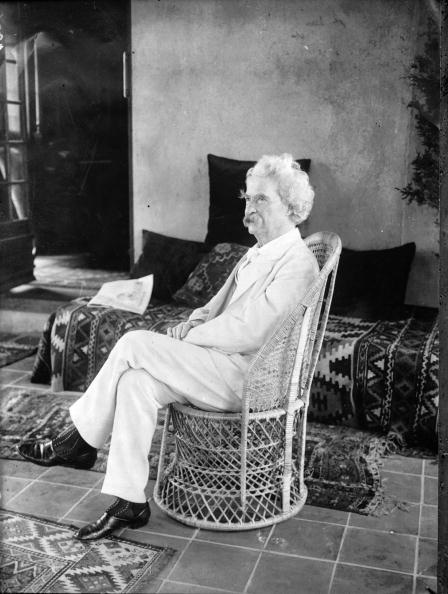
[Taken from The Complete Works of Mark Twain: Following the Equator, Volume 2, Harper and Brothers: New York, 1925.]
There is only one India! It is the only country that has a monopoly of grand and imposing specialties. When another country has a remarkable thing, it cannot have it all to itself–some other country has a duplicate. But India–that is different. Its marvels are its own; the patents cannot be infringed; imitations are not possible. And think of the size of them, the majesty of them, the weird and outlandish character of the most of them!
…India has 2,000,000 gods, and worships them all. In religion all other countries are paupers; India is the only millionaire.
With her everything is on a giant scale–even her poverty; no other country can show anything to compare with it. And she has been used to wealth on so vast a scale that she has to shorten to single words the expressions describing great sums. She describes 100,000 with one word –a ‘lahk’; she describes ten millions with one word–a ‘crore’.
In the bowels of the granite mountains she has patiently carved out dozens of vast temples, and made them glorious with sculptured colonnades and stately groups of statuary, and has adorned the eternal walls with noble paintings. She has built fortresses of such magnitude that the show-strongholds of the rest of the world are but modest little things by comparison; palaces that are wonders for rarity of materials, delicacy and beauty of workmanship, and for cost; and one tomb which men go around the globe to see. It takes eighty nations, speaking eighty languages, to people her, and they number three hundred millions.
On top of all this she is the mother and home of that wonder of wonders–caste–and of that mystery of mysteries, the satanic brotherhood of the Thugs.
India had the start of the whole world in the beginning of things. She had the first civilization; she had the first accumulation of material wealth; she was populous with deep thinkers and subtle intellects; she had mines, and woods, and a fruitful soil. It would seem as if she should have kept the lead, and should be to-day not the meek dependent of an alien master, but mistress of the world, and delivering law and command to every tribe and nation in it. But, in truth, there was never any possibility of such supremacy for her. If there had been but one India and one language–but there were eighty of them! Where there are eighty nations and several hundred governments, fighting and quarreling must be the common business of life; unity of purpose and policy are impossible; out of such elements supremacy in the world cannot come.
Even caste itself could have had the defeating effect of a multiplicity of tongues, no doubt; for it separates a people into layers, and layers, and still other layers, that have no community of feeling with each other; and in such a condition of things as that, patriotism can have no healthy growth. (71-73)




